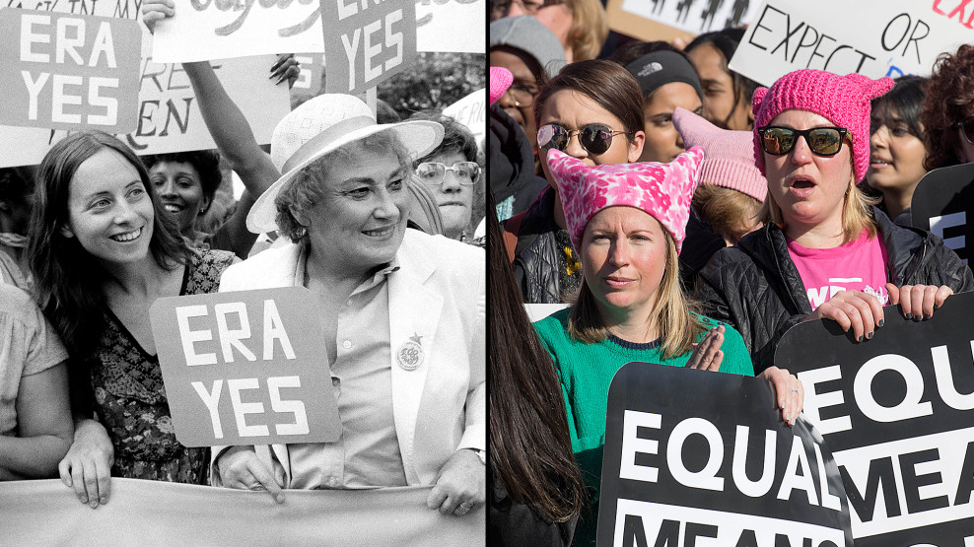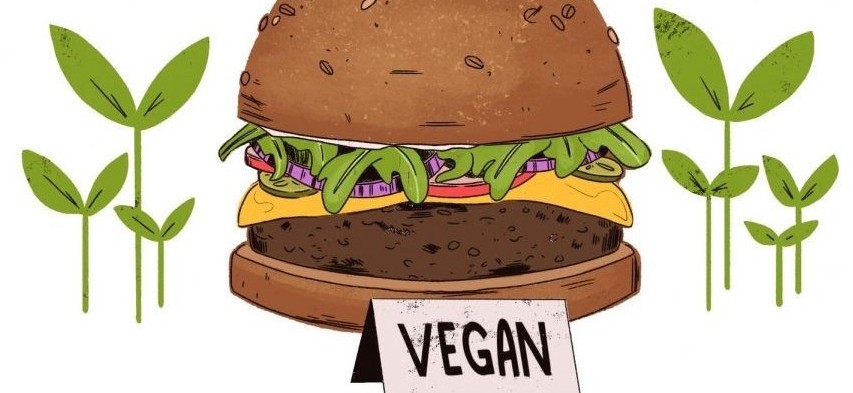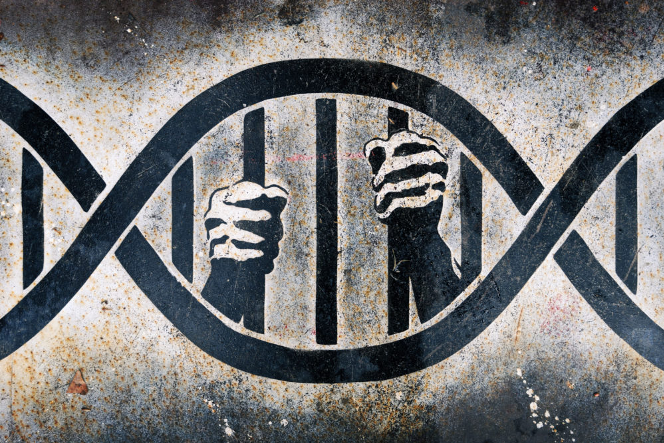
A Shift in the Discussion Regarding the Payment of Student Athletes
April 7, 2020Archives . Authors . Blog News . Certified Review . Feature . Feature Img . Issue Spotters . Notes . Policy/Contributor Blogs . Recent Stories . Student Blogs Article(Source) A major issue that has been debated is whether student athletes should be allowed to profit off the use of their names, images, and likenesses. There are several reasons given in support for both sides. Some rationales supporting the payment of student athletes include college athletes expenditure of time towards their sport—an average of

The Twenty-Eighth Amendment?: The Equal Rights Amendment’s Popular Resurgence
April 3, 2020Archives . Authors . Blog News . Certified Review . Feature . Feature Img . Issue Spotters . Notes . Policy/Contributor Blogs . Recent Stories . Student Blogs Article(Source) The only way to tell photographs of Equal Rights Amendment (ERA) advocates from the 1970s apart from the advocates of the 2010s is by the quality of the photo. Recently, women have taken to the streets, the legislatures, and the courts, coming together to change the Constitution. Their advocacy has paid off. This

Supporting the Arts is TAXing: The Difficulty of Establishing Effective Arts Funding Schemes in Creative Cities
March 30, 2020Archives . Authors . Blog News . Certified Review . Feature . Feature Img . Issue Spotters . Notes . Policy/Contributor Blogs . Recent Stories . Student Blogs Article(Source) In the United States, the arts and culture industries are massive economic engines. In fact, the arts contribute $763.6 billion to the U.S. economy annually, which is more than both the agricultural and transportation industries. Furthermore, the arts drive job growth and promote cultural tourism in cities across the U.S. This data suggests that,

Marketing Meat Alternatives: Does Nomenclature Matter?
March 27, 2020Archives . Authors . Blog News . Certified Review . Feature . Feature Img . Issue Spotters . Notes . Policy/Contributor Blogs . Recent Stories . Student Blogs Article(Source) In 2018, the U.S. Food and Drug Administration (“FDA”) approved the Impossible Burger, one of the first plant-based meat alternatives of its kind. The Impossible Burger gained nation wide attention for its eerie resemblance to real meat – specifically it’s blood-like color and taste. While the Impossible Burger initially faced some backlash, it opened

What Gives?—A Look at Why Charitable Giving Among Individuals Is Declining
March 13, 2020Archives . Authors . Blog News . Certified Review . Feature . Feature Img . Issue Spotters . Notes . Policy/Contributor Blogs . Recent Stories . Student Blogs Article(Source) By many metrics, the quality of American life has much improved over the last decade. U.S. unemployment has reached roughly its lowest point in 50 years and wage growth for American workers reached a 10-year high in 2019. Additionally, notwithstanding the notable exception of recent market recoil due to escalating fears surrounding COVID-19,

Strictly Speaking: The Argument for Holding States Strictly Liable in Wrongful Conviction Suits
March 9, 2020Archives . Authors . Blog News . Certified Review . Feature . Feature Img . Issue Spotters . Notes . Policy/Contributor Blogs . Recent Stories . Student Blogs Article(Source) The wrongfully convicted are an oft overlooked demographic of the American population because society views wrongful convictions as rarely occurring. But in fact, the numbers are quite staggering. The number of people exonerated in the last 30 years due to actual innocence? 2,500. The combined number of years unnecessarily spent in prison? 22,315.

Ignoring Policy, History, and Humanity: ICE Continues to Deport Veterans
March 7, 2020Archives . Authors . Blog News . Certified Review . Feature . Feature Img . Issue Spotters . Notes . Policy/Contributor Blogs . Recent Stories . Student Blogs Article(Source) In November 2019, a group of non-citizen veterans of the United States Military (military) celebrated Veterans Day in Mexico. Many of these individuals enlisted in the military after President George W. Bush signed an executive order fast-tracking citizenship for individuals willing to serve. However, they never officially became citizens and continue to remain vulnerable

Do Not Access – Is Law Enforcement Access to Commercial DNA Databases a Substantial Privacy Concern?
March 3, 2020Archives . Authors . Blog News . Certified Review . Feature . Feature Img . Issue Spotters . Notes . Policy/Contributor Blogs . Recent Stories . Student Blogs Article(Source) The use of forensic genetic genealogy (FGG) as an investigative tool for law enforcement has become, “if not exactly routine, very much normalized.” The normalization is in large part due to law enforcement’s use of FGG to identify and arrest the Golden State Killer. The April 2018 arrest gained national recognition, and subsequently, so

Student Loans: An Evolving Balancing Act of Public and Private Lenders
February 28, 2020Archives . Authors . Blog News . Certified Review . Feature . Feature Img . Issue Spotters . Notes . Policy/Contributor Blogs . Recent Stories . Student Blogs Article(Source) As the political circuit heats up, politicians have acknowledged the public’s growing concern for the student debt crisis. The issue has taken center stage, especially among millennial voters, as collective student debt in the United States has hit $1.5 trillion—becoming one of the largest consumer debt categories. The rise of student debt parallels

An Examination of Compensation Following Wrongful Convictions
February 24, 2020Archives . Authors . Blog News . Feature . Feature Img . Issue Spotters . Notes . Policy/Contributor Blogs . Recent Stories . Student Blogs Article(Source) As mass incarceration continues to plague the United States criminal justice system, improved technology and evidence-gathering techniques seek to identify and exonerate the wrongfully convicted. Those accused of a crime may be wrongfully convicted for a variety of reasons such as eyewitness misidentifications, coerced false confessions, faulty forensics science, incompetent public defenders, and suppression